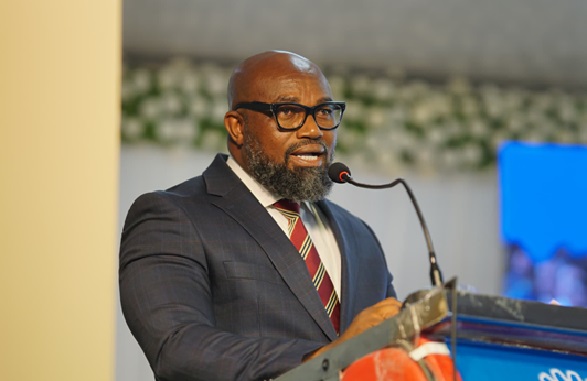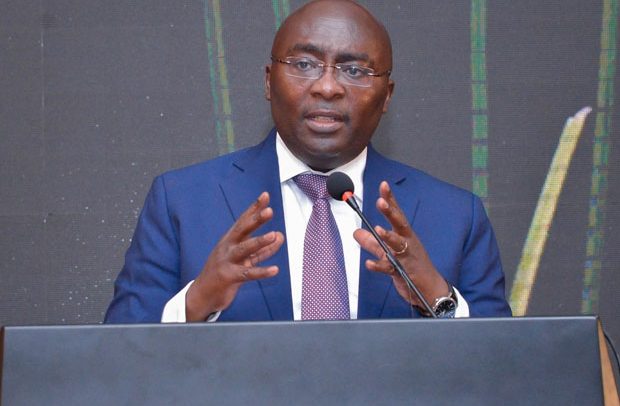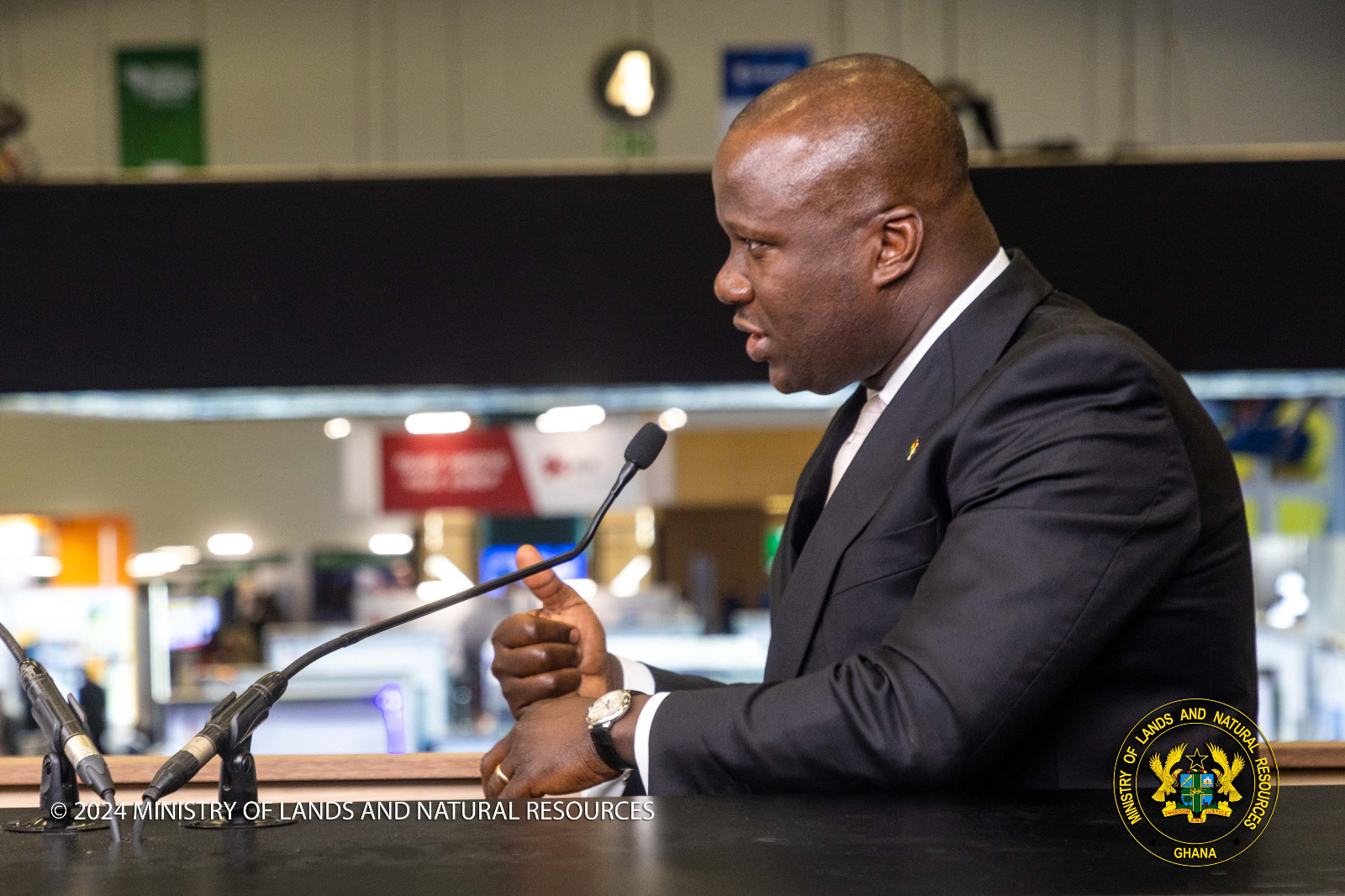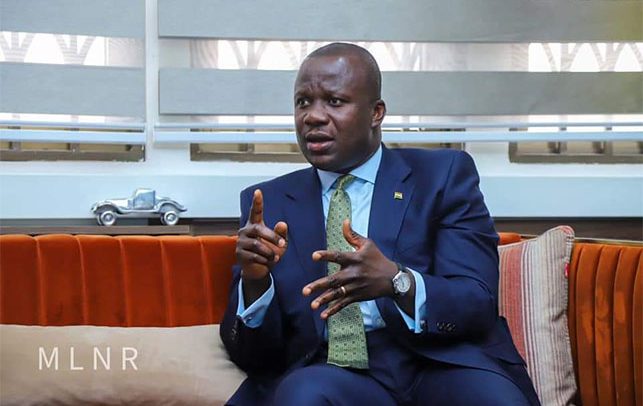
Koforidua — The President of the All Nations University College (ANUC), Dr Samuel H. Donkor, has urged the government to allocate the necessary financial resources for the promotion of technological innovation.
He said for Ghana to achieve the Sustainable Development Goals (SDGs) by 2030, the country would need more investment in technological innovations to end poverty, fight inequality and protect the planet for future generations.
Dr Donkor stated this when he addressed the 2018 UNDP social good summit held at the ANUC in Koforidua last Saturday.
The summit, held on the theme "Leveraging technology and innovation towards the achievement of the SDGs," brought together students from tertiary institutions and Senior High Schools (SHS) to discuss how to unlock the potential of technology to make the world a better place.
The event is a UNDP annual event that provides platforms for exchanging ideas, creating partnerships, engaging with communities to build on success towards the attainment of the SDGs.
Dr Donkor said a few years ago, leaders from 193 countries, including Ghana, adopted one of the most ambitious agenda, the SDGs that called on governments, industries, civil society and citizens to address the basic challenges facing humanity today.
He was optimistic that the commitment of the government to inject financial resources to drive innovation would help to fight poverty, inequality and protect the environment to create a better Ghana for all the citizenry.
"Just imagine a Ghana where every family, in every village, has clean water and electricity, can afford to educate their children and a nation that has ended poverty and where everyone benefits from development.
"This is what the Sustainable Development Goals are about and this is what we have set out to achieve by the year 2030," he stated.
Touching on the university's contribution to promoting innovation, Dr Donkor said since 2012, the ANUC's Space Systems and Technology Laboratory (SSTL) had undertaken projects and activities that were focused on promoting SDGs in the area of innovation and infrastructure as well as quality education and gender equality.
For instance, he said 2017 was a remarkable year when the university's SSTL engineers in collaboration with the Kyushu Institute of Technology (Kyutech) in Japan successfully launched GhanaSat1 into orbit, making Ghana to leap ahead of other sub-Saharan nation in the quest to develop high level space science technology for development.
"This outstanding demonstration of innovation is the core of All Nations University's quest to explore space science to solve societal problems," he said.
Additionally, he said in its effort to promote quality education, the university's SSTL team had used space science and satellite technology to promote science, technology, engineering, mathematics and innovations (STEMI) in the country.
"This includes educative outreach programmes that has reached more than 3,000 Senior High School (SHS) students from about 40 different districts in Ghana with practical-oriented STEMI education using space science technology facility.
"A remarkable event among this was the 2017 World Space Week celebration which hosted about 500 SHS students at the university's campus; this was a way to advocate gender equality in STEMI education in the country," he added.
In a speech read on his behalf, the UNDP Assistant Country Director, Mr. Louis Kuukpen, reiterated that new technologies were needed to deal with the numerous challenges faced by the world today particularly in the area of health to save mothers and children, end the epidemics of HIV, tuberculosis, malaria and other poverty-related and neglected diseases.
He asserted that a staggering 821 million people globally were undernourished in 2017 due to power imbalances and lack of access to resources.
"In Ghana, the recently launched Ghana Living Standard Round 7 (GLSS7) report indicates that 2.4 million Ghanaians live in absolute poverty," he said, and called for the deployment of new technologies to deal with food security issues and restore human dignity.
Mr.Kuukpen, who stressed the need for partnerships to test new ideas to develop them into much needed solution, urged young people to critical part of such partnership since they were not only active users of new technology but creators of vibrant innovations needed to realise the SDGs set target.
For his part, the Head of Information Technology (IT) at theANUC, Mr.TheophilusOware who gave a presentation on the theme encouraged the students to partner with others to build ideas and develop applications to solve problems in society.
"You are creative thinkers and you can help solve problems in society by building applications to report crimes, fix roads among others," he said,adding that by that they can contribute to achieving sustainable development goals.
Read Full Story
























Facebook
Twitter
Pinterest
Instagram
Google+
YouTube
LinkedIn
RSS